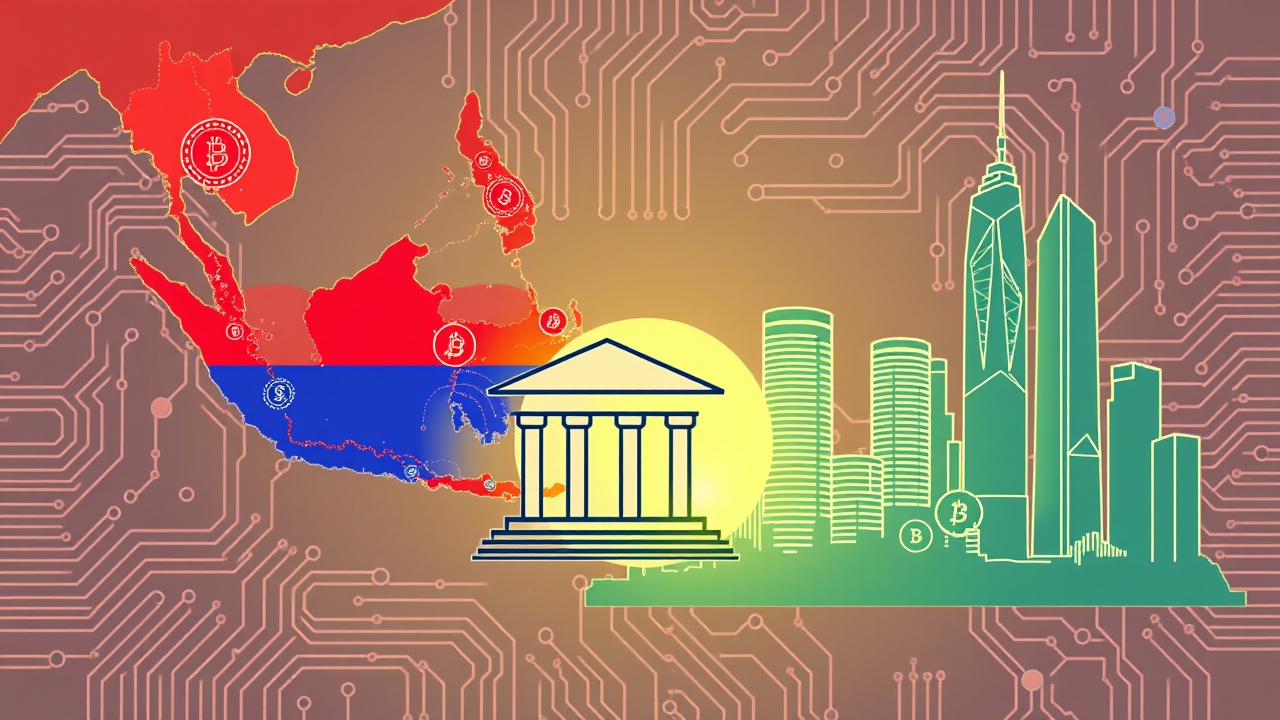Regulation of Cryptocurrencies in South Korea
In a notable move towards the regulation of cryptocurrencies, the Bank of South Korea (BoK) has established a new dedicated department aimed at overseeing the cryptocurrency landscape. According to local news source News1, this new unit will specifically concentrate on stablecoins backed by the Korean won (KRW), in an effort to mitigate capital flight and reduce dependency on globally popular stablecoins like USDT and USDC.
The BoK’s initiative comes in light of increasing interest in crypto assets within South Korea, sparked in part by the recent policy commitments of the newly elected President Lee Jae-myung, who has expressed his intent to foster the development of KRW stablecoins. Complementing these efforts, local lawmaker Min Byung-deok has introduced proposed legislation to create a formal regulatory structure for this asset class. This push has prompted South Korean financial institutions and payment providers to start filing applications for the registration of stablecoin ticks.
Tax Regulations in Indonesia
Meanwhile, Indonesia is set to implement newly revised tax regulations affecting cryptocurrencies starting August 1. Under these new guidelines, taxation for traders on domestic exchanges will rise slightly from 0.1% to 0.21%, while the tax rate for transactions conducted on international platforms will see a significant increase from 0.2% to 1%.
However, this tax shift will also see buyers exempted from the previously applied value-added tax (VAT) ranging from 0.11% to 0.22%. On the other hand, a reduction in the tax levied on bitcoin mining is in the works, decreasing from 2.2% to 1.1%, with plans to eliminate a particular income tax rate of 0.1% by 2026, aligning mining income with general taxation rates for individuals and businesses.
Stablecoin Regulations in Hong Kong
Additionally, on July 29, the Hong Kong Monetary Authority (HKMA) finalized its regulations concerning stablecoins, which will come into effect next month. According to the new framework, entities wishing to issue fiat-backed stablecoins will have to secure a license both within Hong Kong and on a global scale.
The HKMA has begun establishing a public registration system and is expected to commence accepting applications for registration from September 1. HKMA chief Eddie Yue noted that a significant number of prospective applicants currently do not satisfy the set requirements for licensing.




